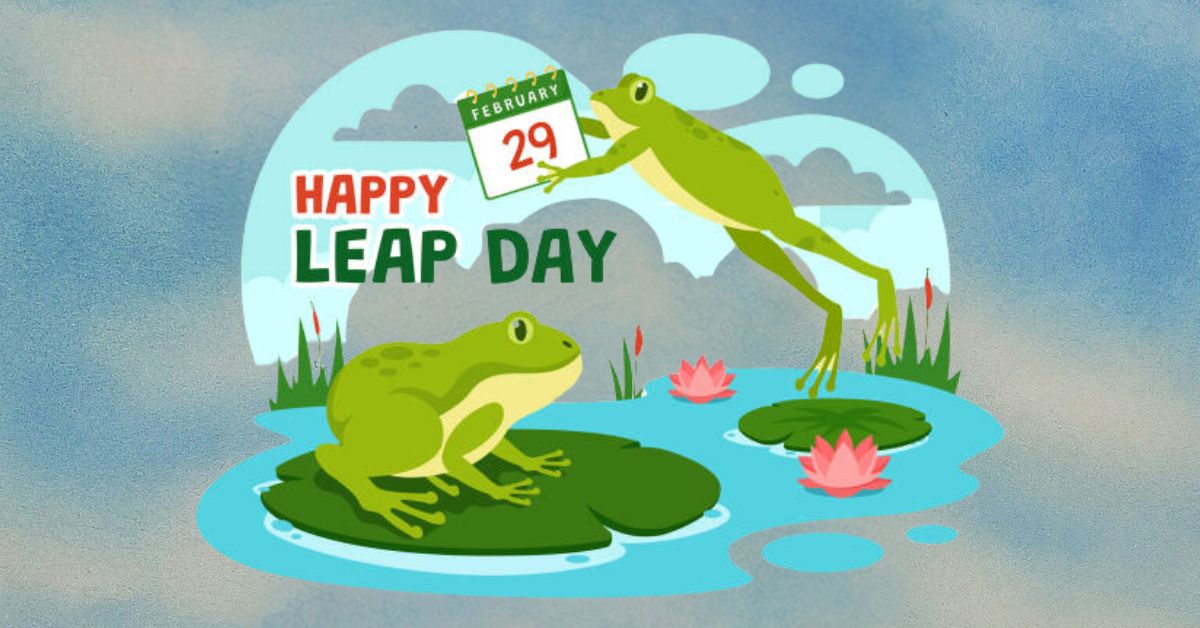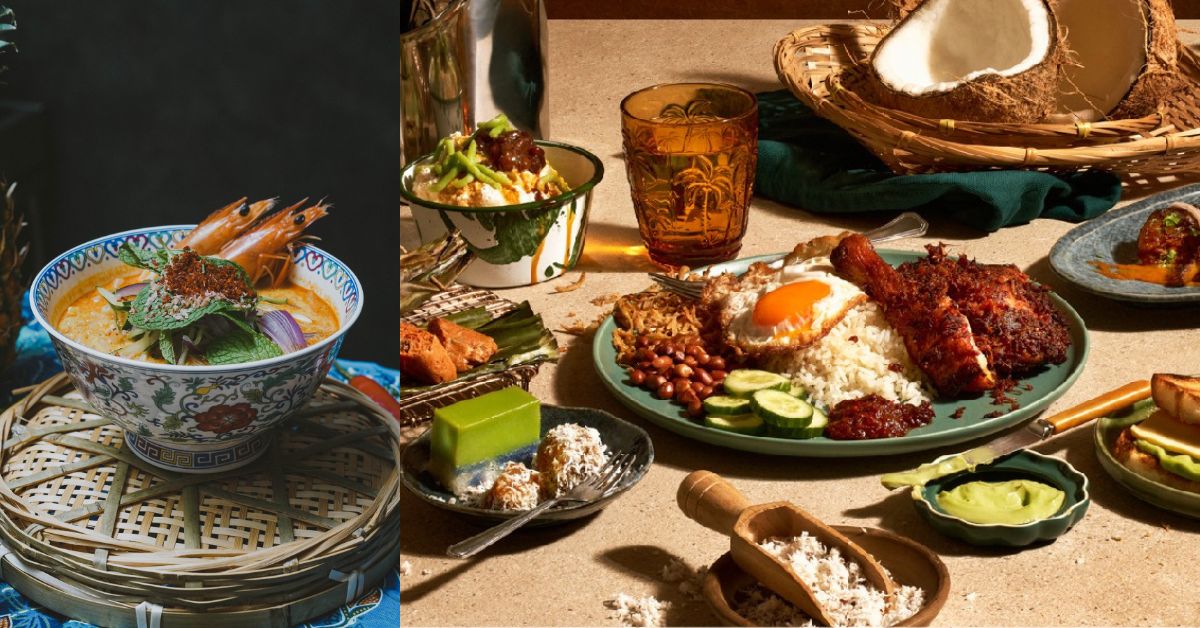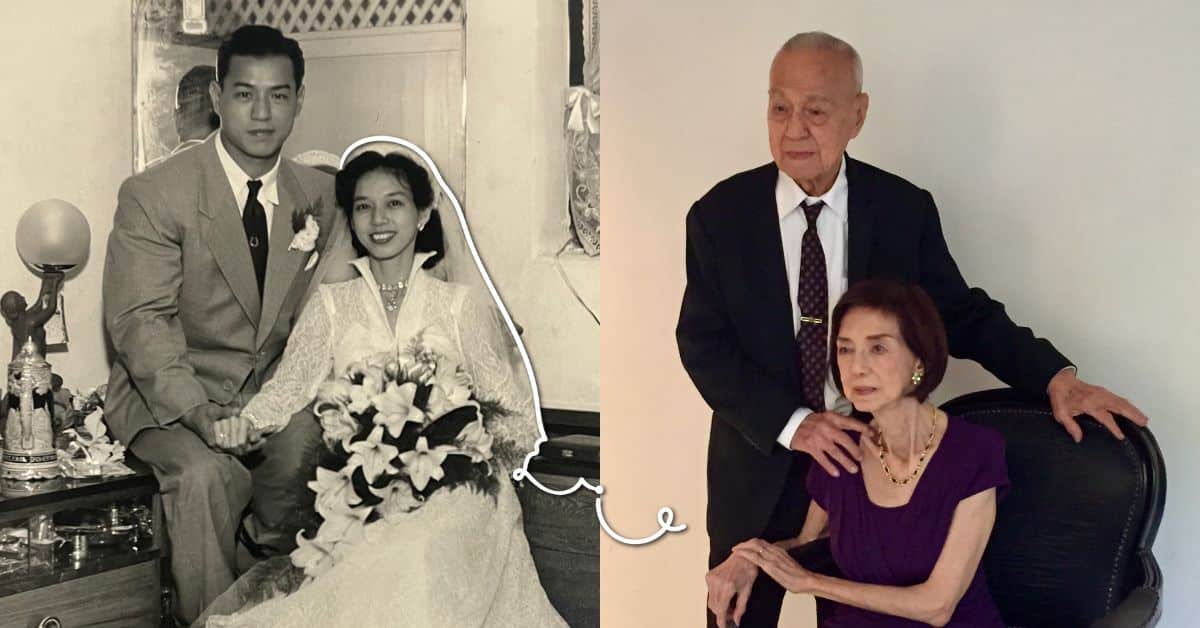
Every leap year, an additional 385,000 babies are born, a small group who share a birthday that comes up every four years.
According to the Singapore Department of Statistics, there are approximately 1,500 leaplings in Singapore, constituting a mere 0.03% of the population.
The chances of being born on 29 February are akin to finding a four-leaf clover in a vast field—approximately 1 in 1,461.
This inherent rarity bestows upon leap year babies a distinct identity. Take the case of Bernadette Ngiam, a Singaporean leapling who quips: “People never forget me!”
She is often teased that she is ‘younger than her son’.
Advertisement
The real reason we have leap years is to keep the calendar in sync with the Earth’s orbit around the sun, which takes slightly longer than 365 days. If we didn’t add an extra day every four years, our calendar would be off by about 24 days every century.
The first leap year was introduced in 46 BCE by Julius Caesar of Rome, who also invented the original 365-day calendar.
Some countries have traditions or superstitions related to leap year.
For example, in Ireland, women are allowed to propose to men on leap day, and men who refuse have to pay a fine or buy a gift for the woman. This custom was popularised by the 2010 movie Leap Year starring Amy Adams and Matthew Goode.
A Day Every Leap Year Shared by Few
For certain married couples, their love stories defy the predictable annual rhythm. Instead, they sway to a different cadence—the heartbeat of the leap year.
These couples mark their anniversaries with a unique flair, celebrating the rare occurrence of 29 February. Imagine Sheila and Joe Williams, a Singaporean couple in their late 60s.
Their love story predates the widespread acceptance of annual anniversaries. For them, leap year anniversaries hold a special place—a cherished tradition.
leap year anniversaries are special to us as we love to gather with our loved ones from overseas as well, once every four years as is our tradition. It means a lot to us.
According to Sheila,
They savour the continuity of their union despite the four-year interval. Fewer candles to blow, perhaps, but no shortage of warmth and affection.
Now, picture the younger couples. They embrace the rarity of leap year anniversaries with playful amusement. Their celebrations take unexpected turns — themed anniversaries, whimsical surprises, and humorous touches. It’s all about highlighting the unique rhythm of their love story.
When Love Dances to a Leap Year Beat
No special day would be complete without a commercial twist to mark the occasion.
The ‘Leap Frog’ cocktail is the official leap year libation! This delightful concoction blends gin, green Chartreuse, lime juice, and simple syrup. A celebratory toast with a leap-themed twist—cheers to that!
In certain cultures, 29 February is playfully known as Bachelor’s Day or Leap Day. Here, traditional gender roles flip, and women can propose to men.
Some cultures believe that marriages celebrated on a leap day carry extra luck. Perhaps it’s the rarity of the occasion or the cosmic alignment—it’s a belief that adds an enchanting layer to these unions.
Celebrating Twice or Thrice, or More Each Leap Year?
Leap year birthdays or anniversaries also present unique celebration options. Some, like Bernadette, prefer smaller gatherings with loved ones on any of these dates — 28 February or 1 March. Others embrace the rarity, holding grander celebrations every four years.
Another leapling, Brigetta Chua, prefers celebrating her birthday on 28 February, but she also likes having a bigger celebration on the special day of 29 February. She fulfils a tradition religiously every leap year — doing something thrilling and exciting such as bungee jumping, sky-diving, ziplining, or hot air ballooning.
A retired teacher, Boon Heng, prefers celebrating his birthday on 1 March, as he believes that is the closest date to his actual birthday. He also does not mind having a birthday every four years, as he thinks it makes him younger and more energetic.
Sheila though, prefers multiple anniversary celebrations throughout the week, enjoying the extended festivity with their family and friends.
Singapore’s multicultural context adds another layer, with diverse traditions enriching these celebrations.
From Lunar New Year celebrations coinciding with leap years to unique cultural traditions within different communities, Singapore’s leap year birthdays are a vibrant tapestry of customs.
To mark such occasions, leaplings love community gatherings, and often use their birthdays as opportunities to connect with fellow leaplings. These connections foster a sense of camaraderie among those who share this uncommon birthdate.
Challenges Faced, Hurdles Jumped for Leap Year Birthdays and Anniversaries
Being a leapling comes with its own set of challenges. Leaplings often encounter problems with automated systems that do not accept their date as valid, causing them inconvenience and frustration.
They also have to deal with the confusion of having two different ages: their leap year age and their chronological age. Legal documents such as driver’s licenses and passports may also pose issues for them.
Fortunately, Singapore’s administrative systems have been improving to accommodate leaplings. A quick check reveals that various measures have been taken to simplify official processes for leaplings.
For instance, leap year babies are issued birth certificates that show their actual birthdate of 29 February, with a note that says “or 28 February for non-leap years” for legal and administrative purposes.
Their NRICs and passports also display their 29 February birthdate, with an option to choose either 28 February or 1 March as their official date for certain administrative purposes. This option is recorded on their NRIC and passport with the relevant annotation.
Government agencies are also updating their online systems to recognise 29 February as a valid date, reducing inconvenience for leaplings. However, if any issues arise, leaplings can always contact the respective agency for assistance in processing their information.
Similarly, couples who celebrate their wedding anniversaries on leap years also face some hurdles. They may encounter difficulties with legal documents, and social norms that do not cater to their unique situation.
They may have to explain their anniversary date to others, find alternative ways to mark their special day, and embrace the unconventional nature of their relationship, sometimes with humour and fun.
Silver Linings and Unexpected Perks of Leap Year Babies
Despite the challenges, being a leapling comes with its perks.
It's quite amusing to remind my friends that I remain the younger one.
Their distinct birthdate and anniversary foster a unique identity, as Bernadette emphasises,
Likewise, the rarity of an anniversary makes their love stories unforgettable.
Happily, some countries allow leap year babies to legally drink a day earlier.
Additionally, leap year babies are said to be good luck: In some cultures, they are considered lucky charms, bringing fortune and blessings. They’re part of an exclusive club, with only about 5 million leaplings worldwide.
Being a leap year celebrant is an extraordinary journey, filled with unique challenges, memorable celebrations, and a strong sense of identity.






